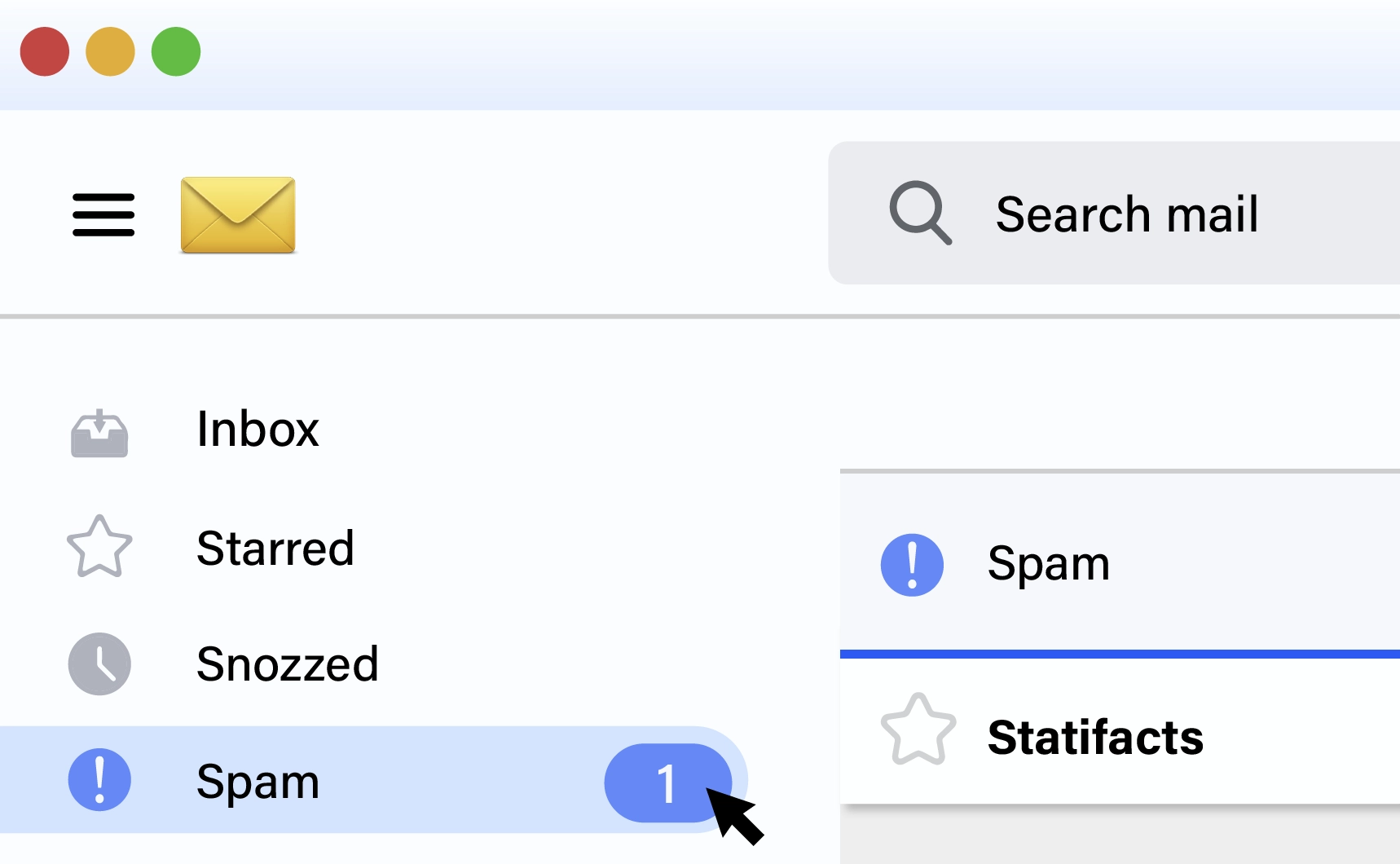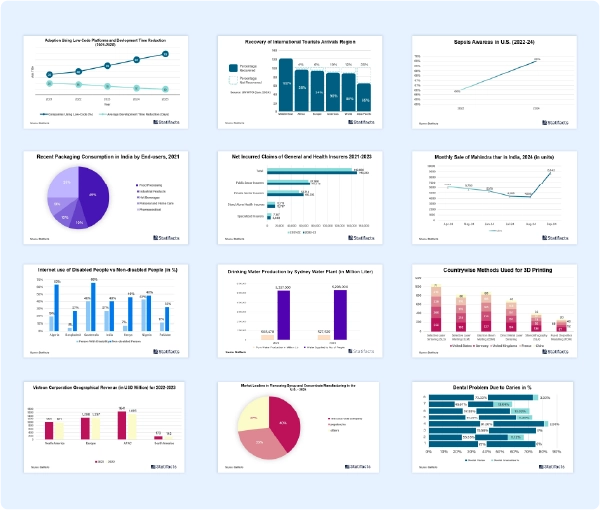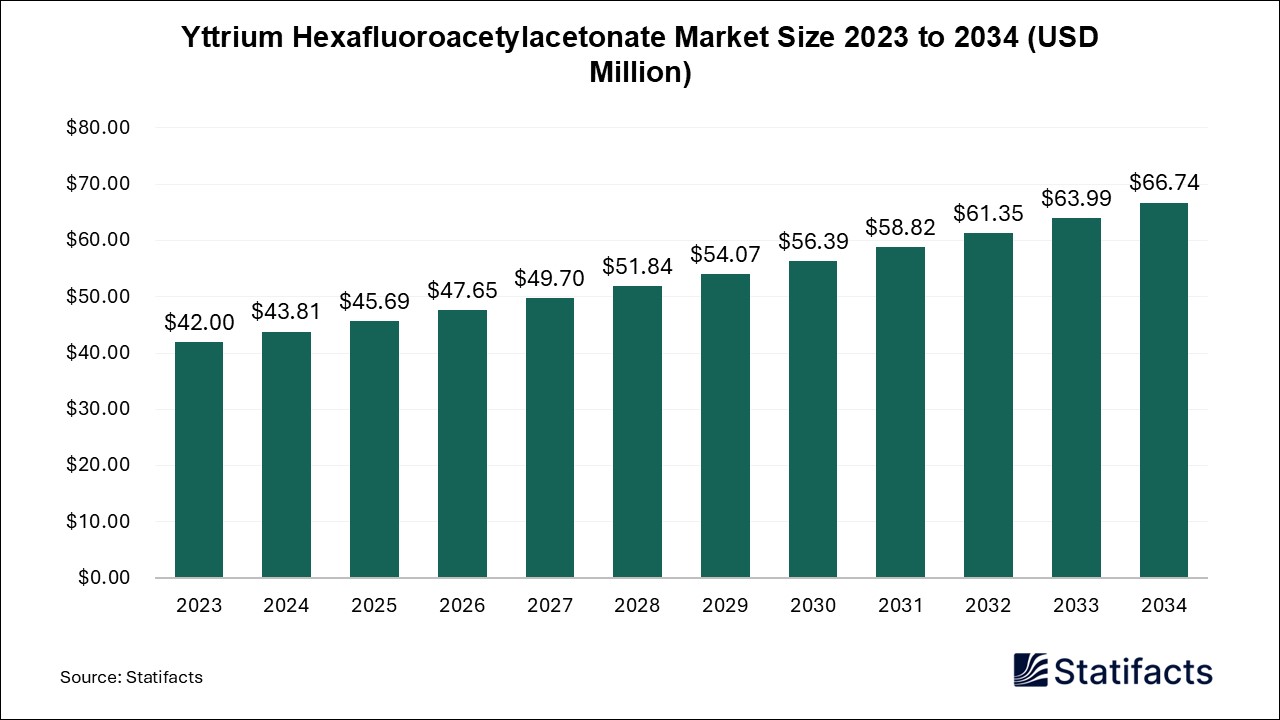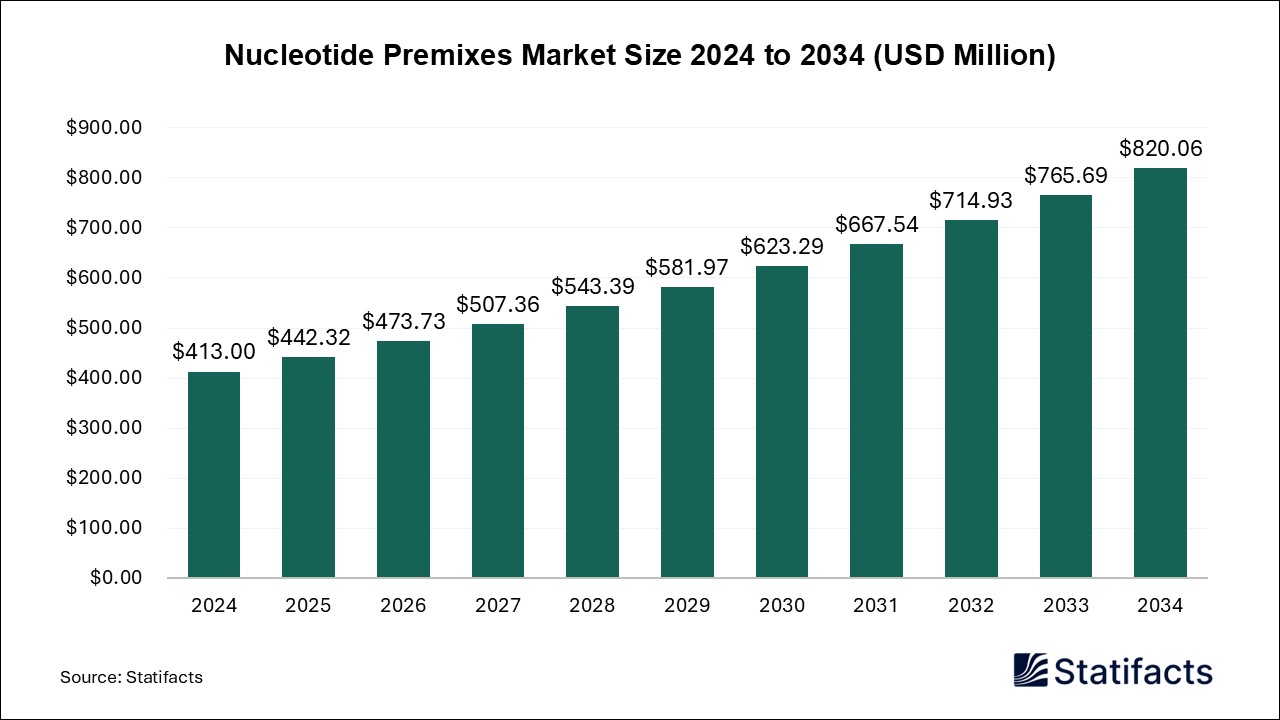

Our customers work more efficiently and benefit from
The U.S. monoclonal antibodies market size was estimated at USD 83.19 billion in 2024 and is expected to be worth around USD 284.90 billion by 2034, growing at a compound annual growth rate (CAGR) of 13.1% over the forecast period 2025 to 2034.
The Monoclonal antibodies, or mAbs, are laboratory-produced proteins that emulate the immune system’s capability to combat harmful pathogens, such as bacteria and viruses. The market for monoclonal antibodies has seen significant expansion recently, largely due to advancements in biotechnology, the rising prevalence of chronic diseases, and an increasing focus on personalized medicine.
Monoclonal antibodies are engineered therapeutic proteins designed to target specific molecules in the body. They are essential in modern biotechnology and medicine, with various applications. Monoclonal antibodies (mAbs) are produced by cloning a specific type of immune cell, often a B cell, which leads to the generation of identical antibodies. These antibodies are tailored to recognize and bind to specific antigens, such as proteins or pathogens. This process allows for the targeted treatment of various diseases. Monoclonal antibodies serve various purposes, including treating cancer, autoimmune conditions, and infections, as well as aiding in transplantation. Medications like rituximab and trastuzumab have notably transformed cancer treatment by specifically targeting cancer cells while minimizing harm to healthy tissue.
Increasing Incidence of Long-term Illnesses to Benefit Market Expansion: The rising number of chronic diseases, particularly cancer, is a significant factor driving the expansion of the global market. These persistent health conditions create substantial burden worldwide, prompting governments in various nations to take steps to alleviate the financial strain associated with their prevalence. According to the Centers for Disease Control and Prevention, nearly 60% of adults in the United States are living with a chronic disease, resulting in healthcare expenses amounting to approximately $3.5 trillion annually. Additionally, the unfulfilled needs of patients and the enhancement of health reimbursement policies for therapeutic monoclonal antibodies, which are used in treating chronic diseases, are expected to stimulate growth in the monoclonal antibody therapy market.
Strengthening Demand for Budget Biosimilar Monoclonal Antibodies: The demand for cost-effective biosimilar monoclonal antibodies is experiencing a significant uptick, contributing to the overall growth of the monoclonal antibodies market. These biosimilar antibodies aim to address the escalating costs of healthcare while responding to the financial pressures faced by both patients and governments to lower medication expenses and enhance treatment options. Typically, a biosimilar monoclonal antibody is priced 20% to 25% lower than its original biologic counterpart. Additionally, the number of clinical trials required for biosimilars is generally fewer than that for the original biologics, which helps keep their costs down.
Ample Investment in the Innovation of Therapeutics to Propel Development: Monoclonal antibody therapy is becoming an increasingly important treatment option for chronic conditions, particularly in oncology. The popularity of these drugs is on the rise, leading to significant sales for products like Herceptin and Humira. This trend has prompted major pharmaceutical companies to invest heavily in research related to monoclonal antibodies. Additionally, various government bodies, such as the U.S. Department of Health and Human Services (HHS), are also contributing funds to help advance innovative mAb products. For example, in August 2023, HHS allocated over USD 1.4 billion to Project NextGen, which focuses on the development of monoclonal antibodies as well as other therapeutic approaches.
Artificial intelligence is significantly boosting the U.S. monoclonal antibodies market in several ways. AI analyzes large datasets to identify promising antibody targets, speeding up the discovery process. New technology such as machine learning helps design mAbs with improved efficacy and reduced side effects. AI is also used to enhance trial design and patient selection, increasing success rates. By analyzing patient data, AI facilitates tailored therapies for better outcomes. AI tools forecast market trends and patient needs to guide pharmaceutical strategies. AI optimizes manufacturing and distribution processes to meet demand. Artificial intelligence also aids in monitoring mAb safety and effectiveness post-launch, ensuring patient well-being. By streamlining these processes, AI plays a crucial role in advancing the monoclonal antibodies market.
Growth in R&D initiatives is expected to be a major factor contributing to the growth of the U.S. monoclonal antibodies market. The increasing number of research and development activities is expected to drive growth in the monoclonal antibodies market in the coming years. Advances in gene therapy, studies on monoclonal antibodies for various diseases like COVID-19, and the emergence of government-approved antibodies will play significant roles. For example, in July 2020, Union Chimique Belge (UCB) partnered with Roche and Genentech to develop UCB0107, a monoclonal antibody targeting progressive supranuclear palsy (PSP) and Alzheimer's disease, which is currently under investigation.
Published by Laxmi Narayan
For any questions about this dataset or to discuss customization options, please write to us at sales@statifacts.com
| Stats ID: | 7918 |
| Format: | Databook |
| Published: | February 2025 |
| Delivery: | Immediate |
| Price | US$ 1550 |


| Stats ID: | 7918 |
| Format: | Databook |
| Published: | February 2025 |
| Delivery: | Immediate |
| Price | US$ 1550 |

You will receive an email from our Business Development Manager. Please be sure to check your SPAM/JUNK folder too.

Unlock unlimited access to all exclusive market research reports, empowering your business.
Get industry insights at the most affordable plan
Stay ahead of the competition with comprehensive, actionable intelligence at your fingertips!
Learn More Download
Download

